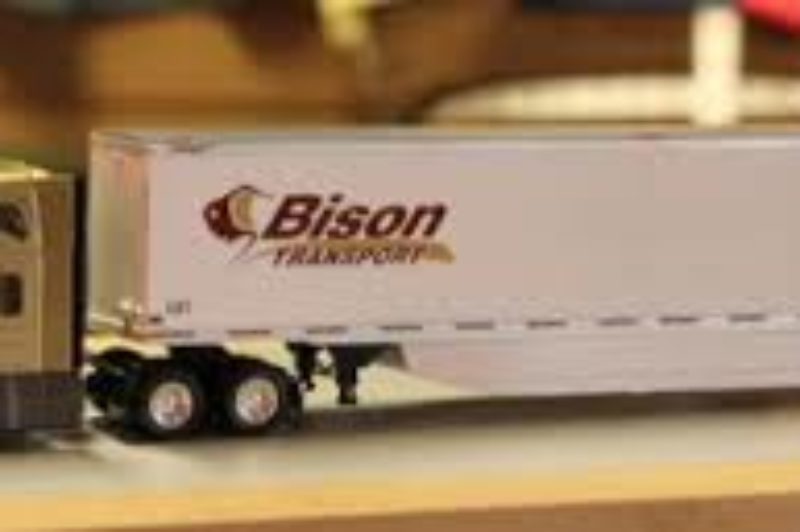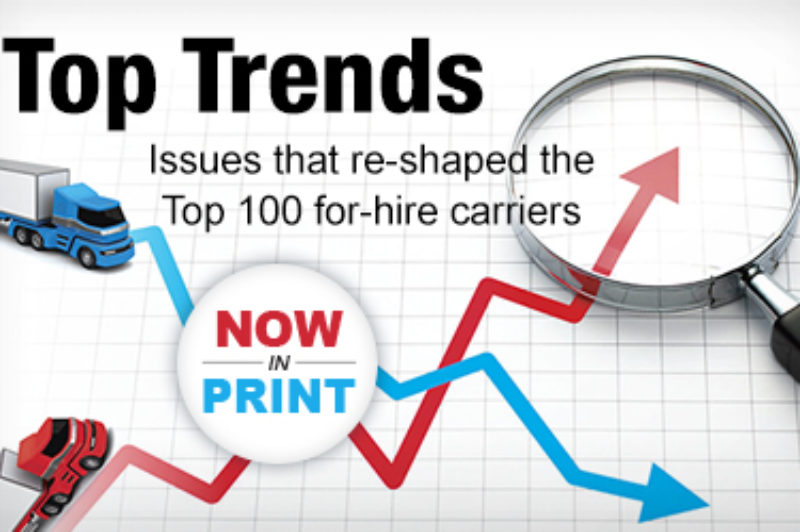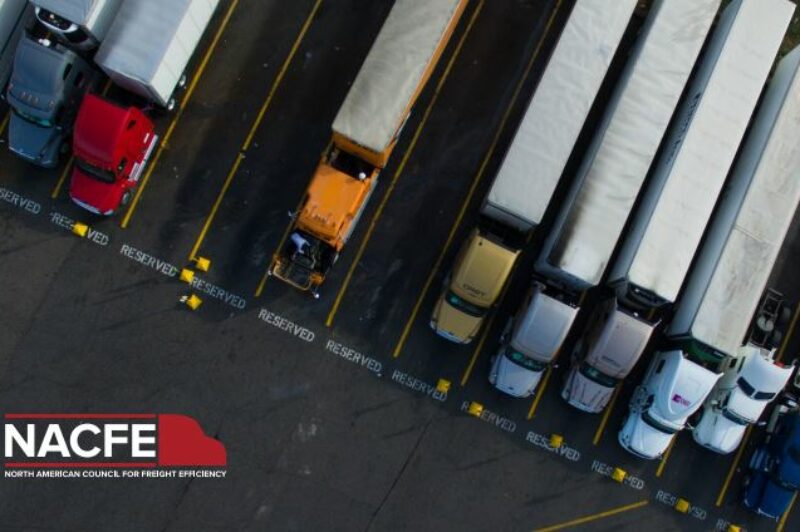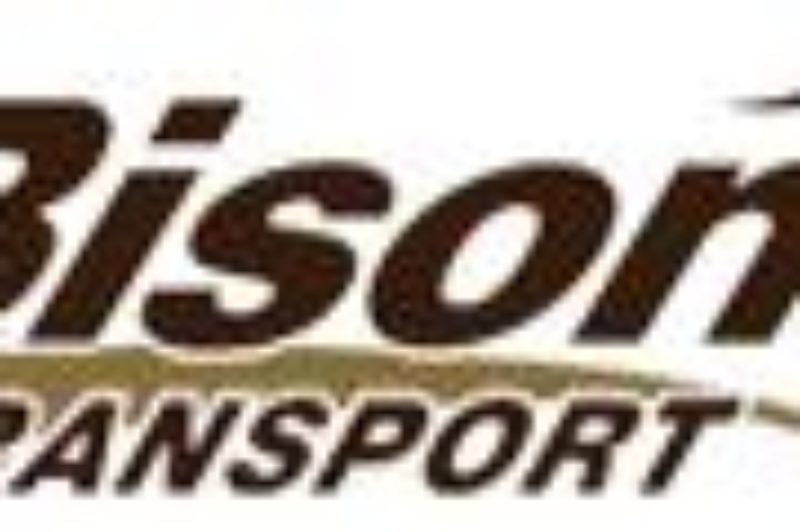
Video: Find the right spec’ing balance
MISSISSAUGA, Ont. -- One of the biggest challenges for any fleet manager is a spec'ing decision, looking to strike the balance between initial purchase prices and performance. Maintenance leaders from Challenger Motor Freight, Bison Transport, and Titanium Transport shared their approaches with peers at the Canadian Fleet Maintenance Summit.






